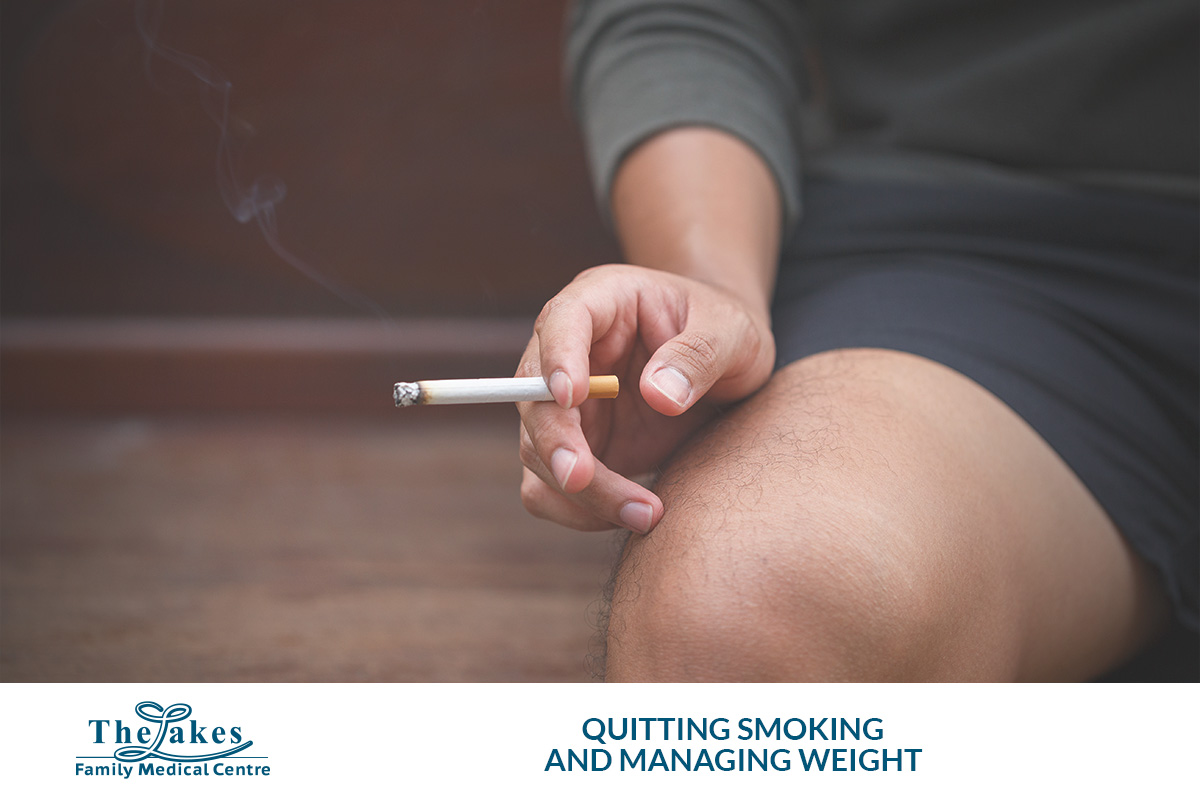
Are you thinking about quitting smoking but concerned about gaining weight? You are not alone. This is one of the most common concerns people have when planning to stop smoking. While it is true that some weight gain may occur, the health benefits of quitting smoking far outweigh the risks of carrying a few extra kilos.
In this guide, we will explain why weight gain happens after quitting, how to manage it effectively and why becoming smoke-free is one of the best decisions for your long-term health. We will also offer practical tips on healthy eating, exercise and weight management strategies to support your quit journey.
Do Most People Gain Weight After Quitting Smoking?
Yes, a moderate amount of weight gain is common after quitting. On average, people gain about 4 to 5 kilograms over five years, with most of the increase happening in the first 12 months, especially during the first three months after quitting.
However, not everyone gains weight. Some people maintain their weight or even lose it. Long-term studies show that people who have quit smoking eventually have a similar average body weight to those who never smoked. So, even if your weight increases slightly at first, it tends to stabilise with timespecially if you adopt healthy lifestyle habits.
Why Does Quitting Smoking Lead to Weight Gain?
Several factors contribute to post-smoking weight gain. Understanding these can help you manage it effectively.
Increased Appetite
Nicotine suppresses appetite. Once you quit, your hunger may increase as a withdrawal symptom. Some people start snacking more frequently or eating larger portions as a way to cope with cravings.
Slower Metabolism
Nicotine increases your metabolic rate, meaning you burn more kilojoules. When you stop smoking, your metabolism slows down slightly, so you burn fewer kilojoules even if you do not eat more than usual.
Less Physical Activity
If you do not stay active after quitting, the combination of a slower metabolism and increased appetite can lead to weight gain.
How Smoking Affects Weight Distribution – Especially in Women
Smoking can cause unhealthy fat distribution, especially in women. It often leads to more fat stored around the abdomen (the ‘apple shape’), which increases the risk of:
- Stroke
- Heart disease
- Type 2 diabetes
The good news is that after quitting, women typically return to a healthier fat distribution, storing fat around the hips and thighs instead of the waist. This shift is a positive outcome, even if it comes with a slight increase in body weight.
Is Weight Gain After Quitting a Cause for Concern?
In most cases, no. The health risks of smoking far outweigh the risks associated with gaining a few kilos. In fact, you would need to gain over 40 kilograms above your healthy weight to equal the heart disease risk of smoking.
Rather than stressing over weight gain, focus on building healthy, sustainable habits that support your long-term wellbeing.
How to Manage Weight After Quitting Smoking
If you are worried about managing weight after quitting, take a gradual, balanced approach. Here are two main areas to focus on:
Healthy Eating Habits
Healthy eating plays a critical role in weight control after quitting smoking. Here’s how to get started:
- Plan balanced meals with vegetables, whole grains, lean proteins and healthy fats.
- Reduce processed foods such as sugary drinks, chips and lollies.
- Choose nutritious snacks like nuts, carrot sticks or fruit instead of biscuits or chocolates.
- Do not crash diet. Eating too few kilojoules can slow your metabolism and increase cravings.
- Find alternatives to emotional eating. Drink water, chew sugar-free gum or take a walk instead.
- Speak to a dietician or GP for a personalised eating plan suited to your lifestyle.
Staying Physically Active
Exercise not only helps you control weight but also reduces nicotine cravings, improves mood and lowers stress.
According to Australia’s Physical Activity Guidelines, adults should aim for:
- 150–300 minutes of moderate activity (like brisk walking or cycling) per week
- Or 75–150 minutes of vigorous activity (such as running or aerobics) per week
- Strength exercises (e.g., push-ups, resistance bands) on at least two days per week
Start with light activity and build up gradually. If you are unsure where to begin, consult your GP or an exercise physiologist for guidance.
What If You Gain Weight After Quitting?
If you notice weight gain, especially in the early stages, try not to be too hard on yourself. You have already taken a major step towards better health by quitting smoking.
Keep in mind:
- A small weight gain is normal and temporary.
- Smoking again will not guarantee weight loss and the health risks return immediately.
- Focus on what you can control: eat well, stay active and get support when needed.
- If you gain more than one kilogram per month, consider speaking to your GP or a dietician.
How to Stay on Track with Your Quit-Smoking Goals
Managing weight and staying smoke-free both require focus and support. Try these strategies:
- Track your meals and movement to stay aware of your habits.
- Celebrate smoke-free milestones without using food as a reward.
- Create a routine that includes time for healthy meals, regular exercise and rest.
- Surround yourself with support, whether from friends, family or healthcare providers.
Conclusion
While some weight gain is normal after quitting smoking, it is important to remember that being smoke-free is the single best thing you can do for your health. With a realistic mindset, a healthy eating plan and regular physical activity, you can manage your weight and enjoy the many long-term benefits of quitting.
How Lakes Family Medicine Can Help
At Lakes Family Medicine, we help Brisbane locals every day who are ready to quit smoking and take control of their health. Our experienced GPs can:
- Help you create a personalised quit-smoking plan
- Support your physical and emotional health during the transition
- Refer you to dietitians or exercise specialists for weight management
- Monitor your progress and provide long-term support
Whether you are just starting your quit journey or trying to manage changes post-quitting, we are here to help.
Learn more about The Lakes Family Medical Centre :




